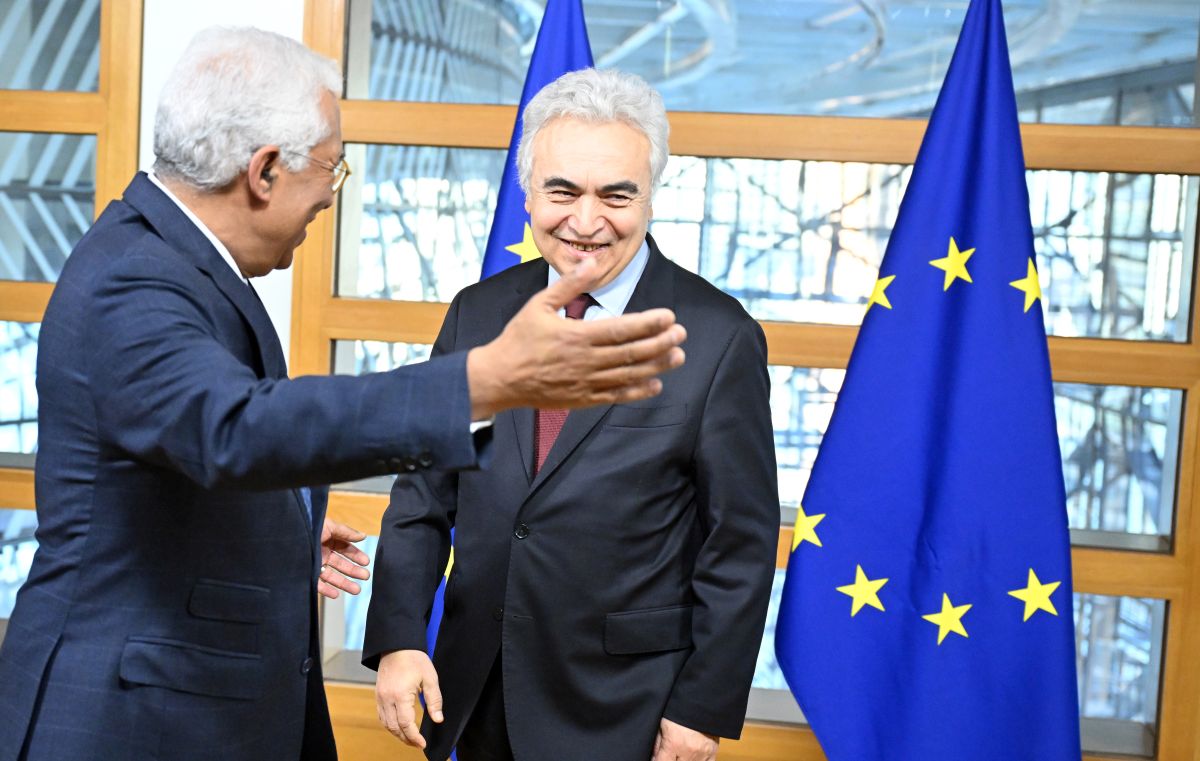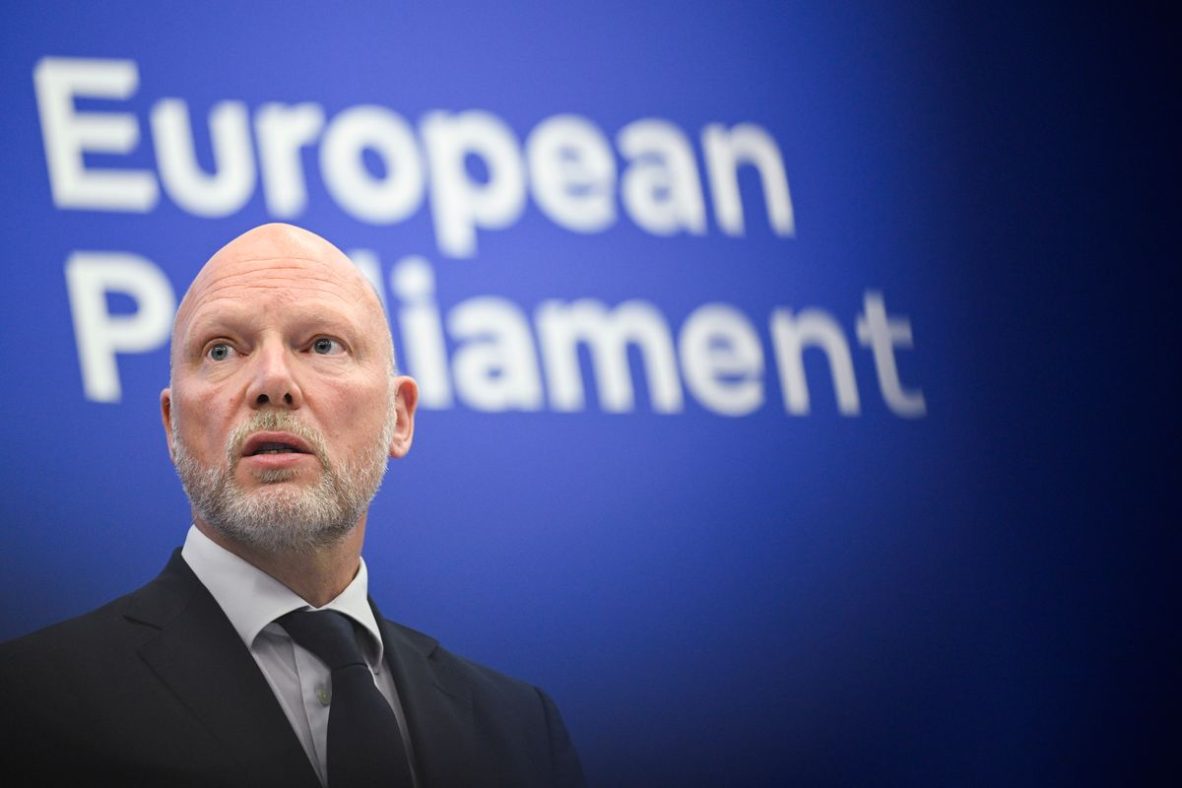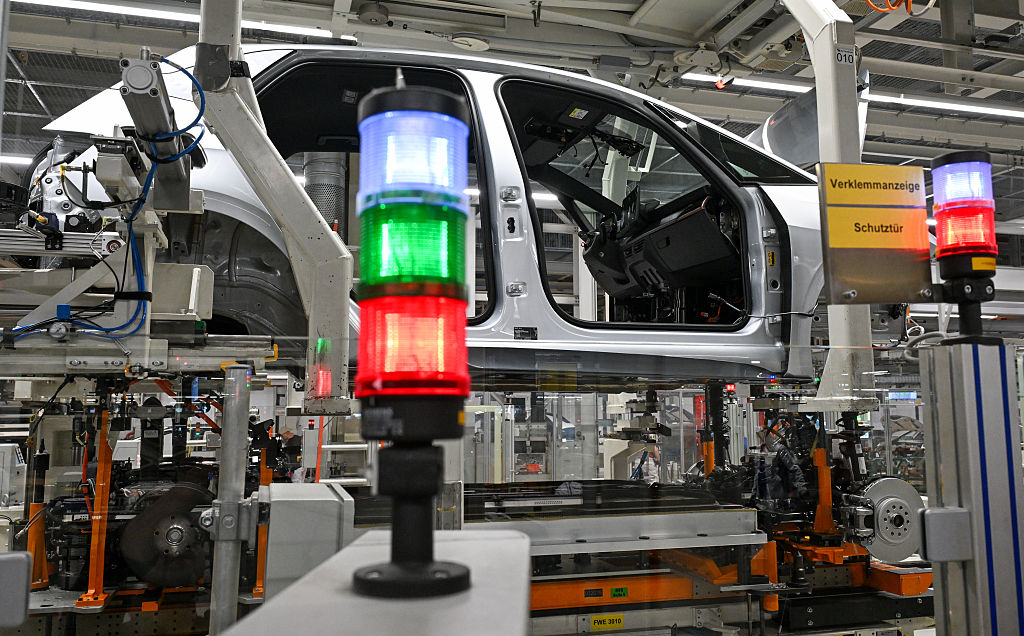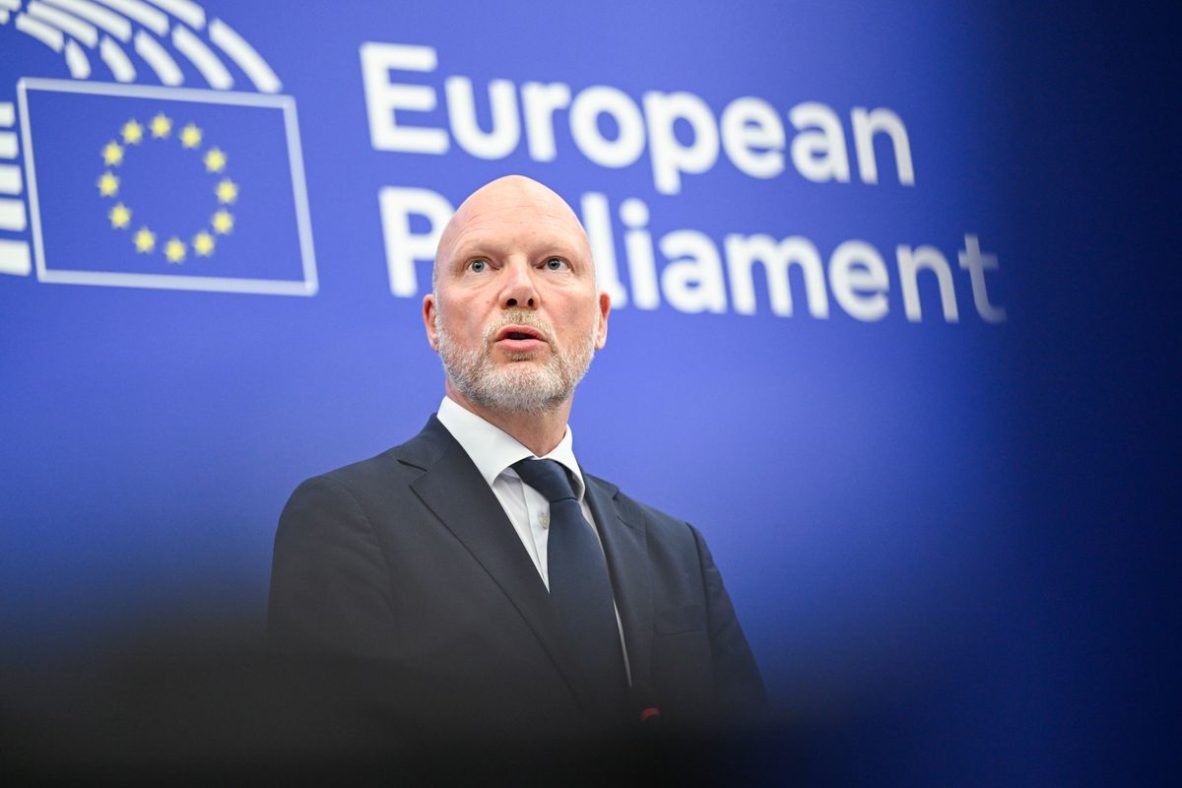MEPs endorse rollback of corporate sustainability rules on EPP terms
Centre-right deal scales back EU due diligence and reporting rules, prompting criticism from Greens and campaigners

The agreement, struck last week after tense negotiations with the Socialists and Democrats (S&D) and the liberal Renew group, passed by 17 votes to six, with two abstentions, and is now ready for confirmation at the next plenary session in Strasbourg.
“Today’s vote confirms our support for simplification,” the EPP’s lead negotiator on the file, Jörgen Warborn, said, using the European Commission’s preferred term.
“We are delivering predictability for European companies, with a report that cuts costs, strengthens competitiveness, and keeps Europe’s green transition on track,” Warborn said.
Changes
The ‘omnibus’ reform proposal, as amended by the committee, would restrict the number of companies covered by the EU Corporate Sustainability Reporting Directive (CSRD) to those with at least 1,000 employees and an annual turnover of at least €450 million.
The Corporate Sustainability and Due Diligence Directive (CSDDD), which mandates environmental and human rights checks on companies’ supply chains, would apply only to firms with more than 5,000 employees and an annual turnover of €1.5 billion or more.
The previous obligation to prepare climate transition plans to align with the Paris Agreement goal of arresting global warming remains in place. Implementing them, however, would no longer be mandatory.
The legal affairs committee also scrapped the mandate to respect the aspirational 1.5°C limit, which climate scientists view as a red line to avoid the worst consequences of climate change.
Making the best of it
Pascal Canfin, who was Renew’s lead negotiator, told reporters he was satisfied with the deal — describing it as “the least worst” among the possible compromises.
The French liberal said that the fundamental elements, including the capacity to impose obligations on non-EU companies – loathed by US businesses – would remain in place.
Regarding Washington’s position on the due diligence directive, Warborn said the EU shares some of its concerns but stressed that its decisions were not influenced by American views on the matter.
He said he defended European competitiveness, growth, and employment, and the long-term prosperity of European citizens.
‘Empty shell’
By contrast, the Greens’ negotiator on the file, Kira Marie Peter-Hansen, slammed the centrist deal, which she said “guts Europe’s sustainability rules and abandons accountability.”
It was “not a compromise”, she said, arguing that the removal of key civil liability rules and the weakening the companies’ climate transition plans made “an empty shell” of the two laws.
Lara Wolters – who resigned as the S&D’s lead negotiator when her group threw in the towel and backed the deal with an EPP that had threatened to ally with the far right – voted against the agreement.
The environmental group WWF said stance adopted today “undermines” the EU’s corporate sustainability policy and condemned “the prioritisation of short-term political stability over standing firm for stronger environmental and human rights protections”.
Share Action, an NGO, found “some positive elements” in the deal, with acting head of EU policy Richard Gardiner saying climate transition plans and a strong due diligence framework would be “vital tools for investors and civil society to push real-economy companies on climate and social risks”.
“But let’s be clear: everything is being watered down, and few in power are truly standing up to stop it,” Gardiner added.
If the draft negotiating mandate adopted in committee survives the subsequent plenary vote, negotiations with EU governments over the precise changes to the legislation should kick off on 24 October.
(rh, aw)






